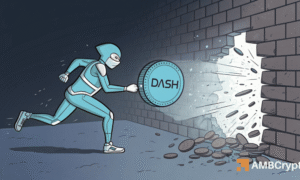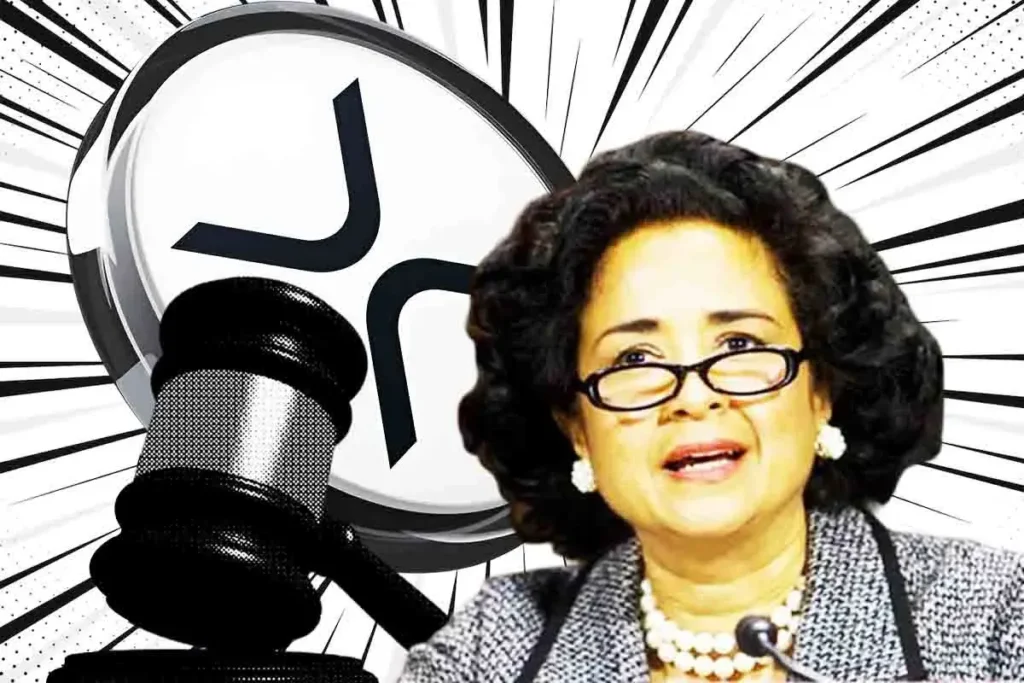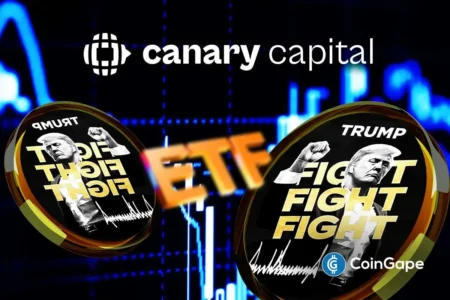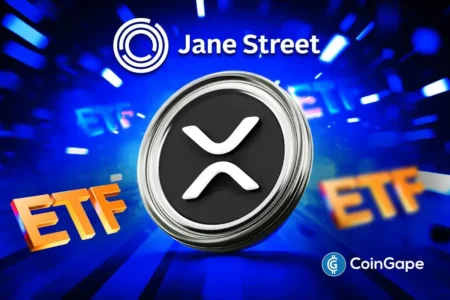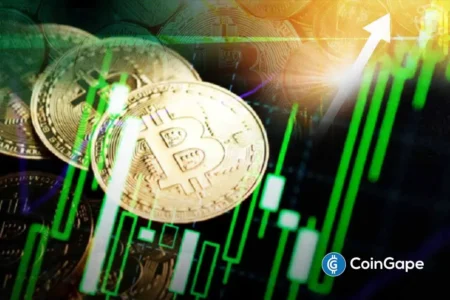Judge Torres Denies Ripple and SEC’s Indicative Ruling in XRP Lawsuit: Key Takeaways
In a significant turn of events for the XRP lawsuit, Judge Analisa Torres has denied the motions from both Ripple and the U.S. Securities and Exchange Commission (SEC) for an indicative ruling. The denial comes as a major setback in a legal battle that has captivated the crypto world. The court’s decision emphasizes procedural legality, setting a precedent for how such cases may be processed in the future.
Judge Torres’ Rationale for Denial
According to an update shared by defense attorney James Filan, Judge Torres labeled the motions as "procedurally improper." The court determined that the request to relieve Ripple of some obligations—like ceasing its alleged illegal sale of securities or reducing the civil penalty—amounted to a motion to vacate parts of the final judgment. This assertion aligns with the Federal Rule of Civil Procedure, under which motions for relief from a final judgment are regulated. The court made it clear that any such requests must adhere to specific procedural guidelines.
Implications of the Ruling
One of the major implications of this ruling is that Ripple’s and the SEC’s request failed to meet the essential criteria required to vacate significant portions of the final judgment. Judge Torres succinctly stated that relief from judgment is only granted "upon a showing of exceptional circumstances," emphasizing that both parties did not fulfill this requirement. Notably, the court highlighted that the motions did not even reference the Federal Rule, which introduced further complications.
Background: The Settlement Agreement
Not long before Judge Torres’ ruling, the SEC filed a settlement agreement with Ripple, requesting the court to vacate the injunction against the crypto company and reduce the financial judgment from $125 million to $50 million. This settlement was aimed at mitigating the penalties Ripple faces, but it appears the judge is cautious in evaluating whether such a resolution serves the public interest, indicating that the legal complexities surrounding the XRP case are far from over.
The Public Interest Factor
Legal expert Bill Morgan emphasized the importance of the public interest in Judge Torres’ eventual decision on the settlement. He articulated that beyond procedural concerns, the judge must also weigh whether the proposed settlement truly benefits the public. This consideration adds another layer to the court’s deliberations, showing that even when both parties seem amenable to a resolution, the court’s responsibility extends to the broader implications of its decisions.
Next Steps in the XRP Lawsuit
With the indicative ruling denied, the future of the XRP lawsuit remains uncertain. Ripple and the SEC will need to explore alternative pathways to address the court’s concerns and potentially reach a settlement. Both parties might have to rigorously prepare their cases if they wish to revisit the court’s stance or put forth new proposals that adhere to procedural requirements. As the landscape of cryptocurrency regulation continues to evolve, the outcomes of these legal battles will likely have lasting effects on the industry.
Conclusion: The Ripple Effect
The denial of the indicative ruling represents not just a hurdle for Ripple and the SEC, but also signifies the intricate legal environment surrounding cryptocurrencies. This case serves as a critical reminder of the necessity for companies in the crypto space to closely align their operations with regulatory frameworks. As this situation unfolds, industry stakeholders will be keenly watching the court’s next moves, proving that the XRP lawsuit will continue to be a focal point in the dialogue about cryptocurrency regulations and compliance.
In summary, the XRP lawsuit has encountered a pivotal moment with Judge Torres’ denial of the indicative ruling, forestalling a potential resolution. The legal implications are far-reaching, making it essential for both Ripple and the SEC to realign their strategies for the future. Stakeholders in the crypto industry should remain attentive, as developments in this case will undoubtedly resonate throughout the marketplace.


